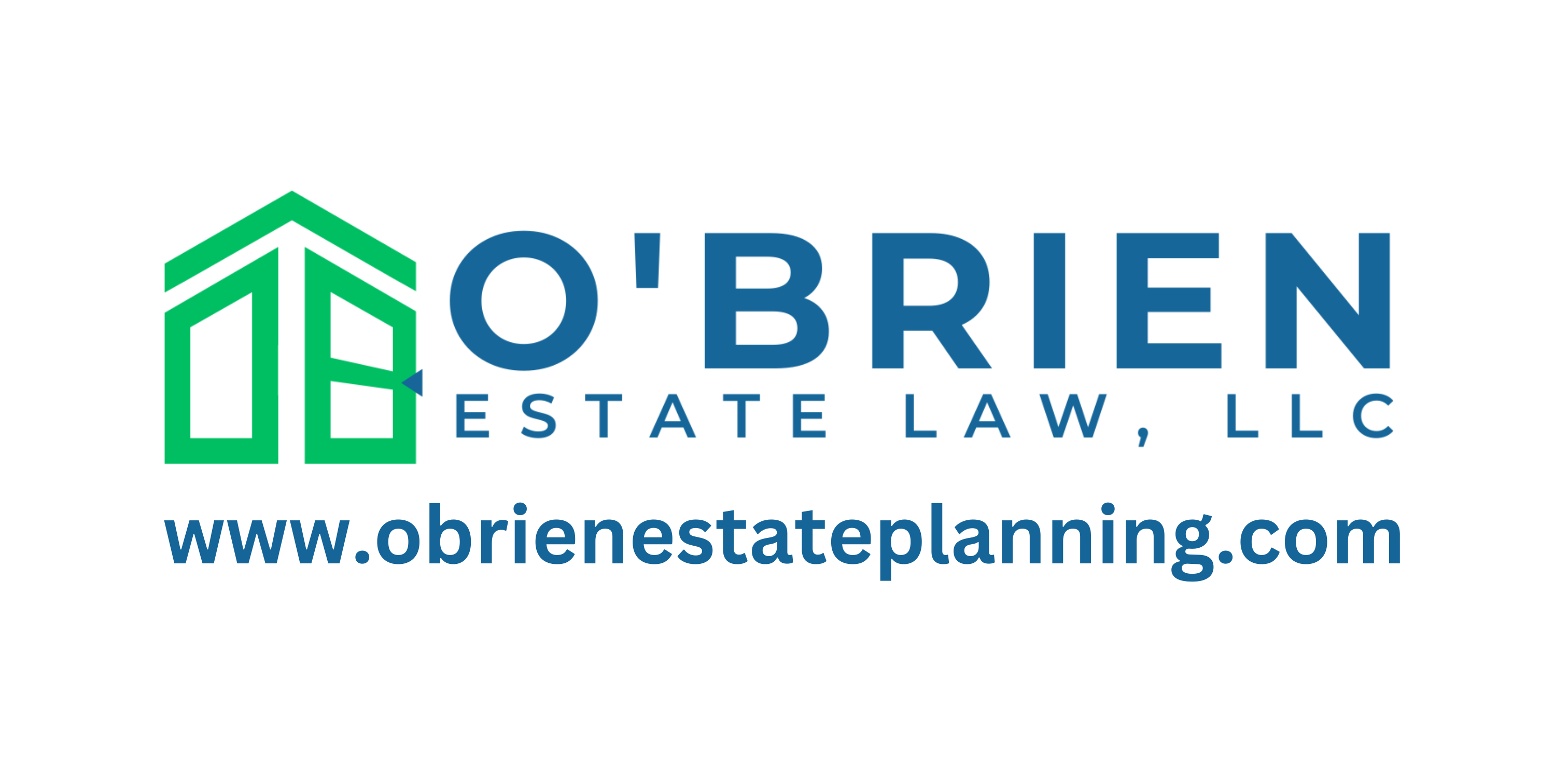Owning a rental property is a rewarding investment that can generate steady income and long-term financial growth. However, along with the benefits come significant responsibilities and potential liabilities. As a landlord, you face various risks ranging from property damage and legal disputes to tenant injuries and financial losses. Navigating these challenges can be daunting, but with the right strategies, you can effectively protect yourself from liability. This blog post delves into practical measures every rental property owner should implement to secure their investment and ensure a smooth and established rental experience. By taking a proactive approach, landlords can not only mitigate risks but also foster positive relationships with tenants, ultimately leading to a more successful and stress-free property management experience. Below are some comprehensive strategies to safeguard rental property against liability.
1. Obtain Adequate Insurance Coverage
Insurance is the first line of defense against potential liabilities. Standard landlord insurance typically covers property damage and liability claims. Ensure that your policy includes liability coverage, which protects you in case a tenant or visitor is injured on your property and decides to sue. Consider additional umbrella insurance for broader coverage, which can be particularly beneficial if you own multiple properties.
2. Obtain Adequate Insurance Coverage
Insurance is the first line of defense against potential liabilities. Standard landlord insurance typically covers property damage and liability claims. Ensure that your policy includes liability coverage, which protects you in case a tenant or visitor is injured on your property and decides to sue. Consider additional umbrella insurance for broader coverage, which can be particularly beneficial if you own multiple properties.
3. Maintain the Property in a Safe Condition
Regular maintenance and prompt repairs are essential. Conduct routine inspections to identify and address potential hazards such as faulty wiring, broken stairs, or leaky plumbing. Adhering to local building codes and safety regulations not only ensures tenant safety but also minimizes the risk of liability claims due to negligence.
4. Implement Clear Policies and Procedures
Establish clear policies regarding property management and tenant interactions. This includes outlining procedures for handling maintenance requests, disputes, and emergencies. Ensure that these policies comply with local, state, and federal laws, including fair housing regulations.
5. Follow Fair Housing Laws
Understanding and complying with fair housing laws is critical. These laws prohibit discrimination based on race, color, national origin, religion, sex, familial status, or disability. Familiarize yourself with these regulations to ensure your rental practices are fair and legal. Violations can lead to severe penalties and damage your reputation.
6. Use Legal Forms and Notices
When dealing with tenant issues, such as late payments or lease violations, use official legal forms and notices. These documents must comply with local laws and provide clear communication of your actions and intentions. This formal approach helps protect your rights as a landlord and provides a documented trail if disputes escalate.
7. Screen Tenants Thoroughly
A thorough tenant screening process is essential for finding reliable tenants who are less likely to cause problems. Perform background checks, verify employment and income, and check references from previous landlords. This diligence helps ensure that you select tenants who will respect the property and comply with the lease terms.
8. Limit Personal Liability with an LLC
Consider setting up a Limited Liability Company (LLC) for your rental property. An LLC can protect your personal assets by separating them from your business assets. If a tenant sues, only the assets within the LLC are at risk, not your personal property. Consult with a legal professional to understand the best structure for your situation.
9. Stay Informed About Landlord-Tenant Laws
Landlord-tenant laws vary by state and can change over time. Stay informed about these laws to ensure compliance and reduce liability risks. Consider joining a local landlord association or hiring a property management company to keep up-to-date with legal requirements and industry best practices.
10. Seek Professional Advice
When faced with complex legal issues or potential lawsuits, consult with a qualified attorney who specializes in landlord-tenant law. They can provide guidance on complex issues, help draft legal documents, and represent you in disputes. Legal advice can help you navigate challenges and make informed decisions that protect your interests.
In conclusion, implementing these strategies can significantly reduce your liability as a rental property owner. Protecting yourself involves a combination of due diligence, proactive management, and legal compliance. By taking these steps, you not only secure your investment but also foster positive relationships with your tenants, contributing to a successful and stress-free rental business.
Remember, this information serves as educational and informational content only and is not a substitute for legal advice. Before making any changes to your estate plan, consult with a lawyer you trust to ensure your decisions align with your individual needs and circumstances. Click the link below to set up a meeting with O’Brien Estate Law, LLC, where we can discuss your specific situation and guide you towards a comprehensive estate plan.

